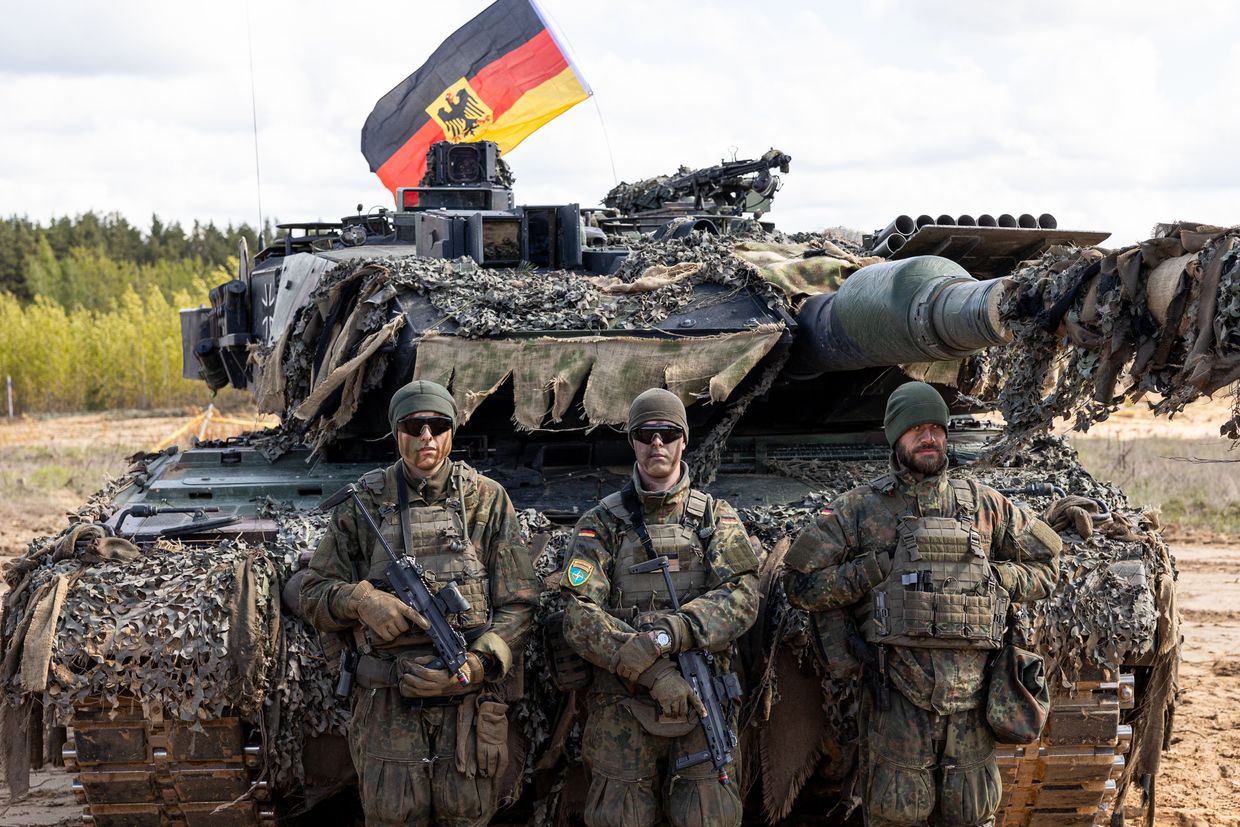
NATO reportedly wants 40,000 more German troops for defense against Russia
The alliance's overall demand for the number of brigades provided by member states could go from 80 to between 120 and 130, an undisclosed senior official told Reuters.

The alliance's overall demand for the number of brigades provided by member states could go from 80 to between 120 and 130, an undisclosed senior official told Reuters.
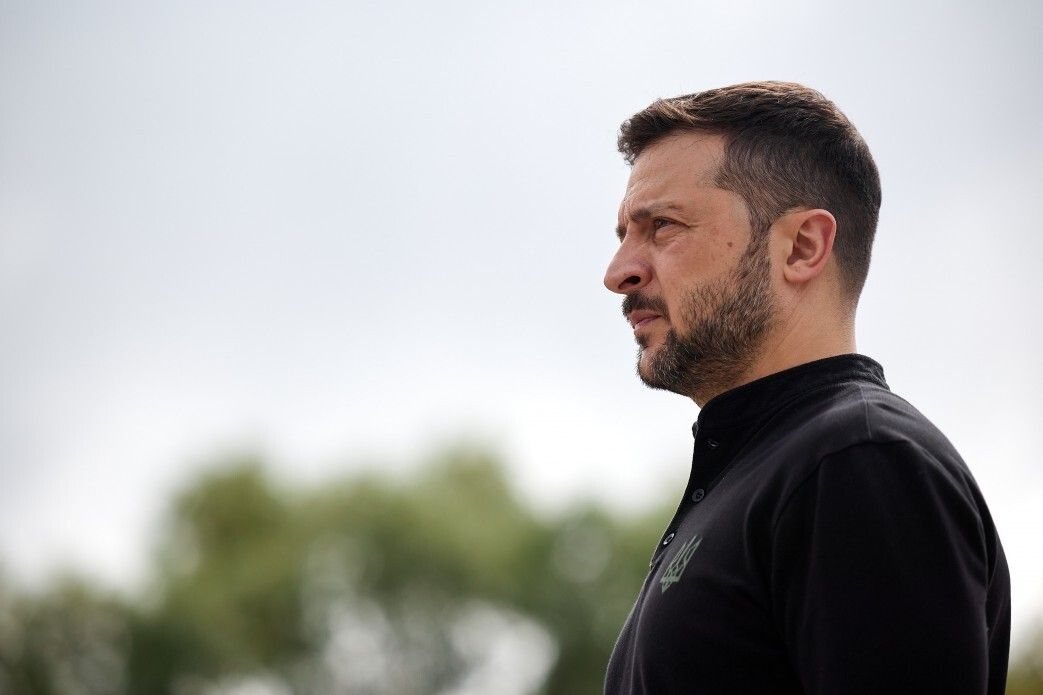
Canadian Prime Minister Mark Carney invited Zelensky in March to attend the summit, shortly after he took office.
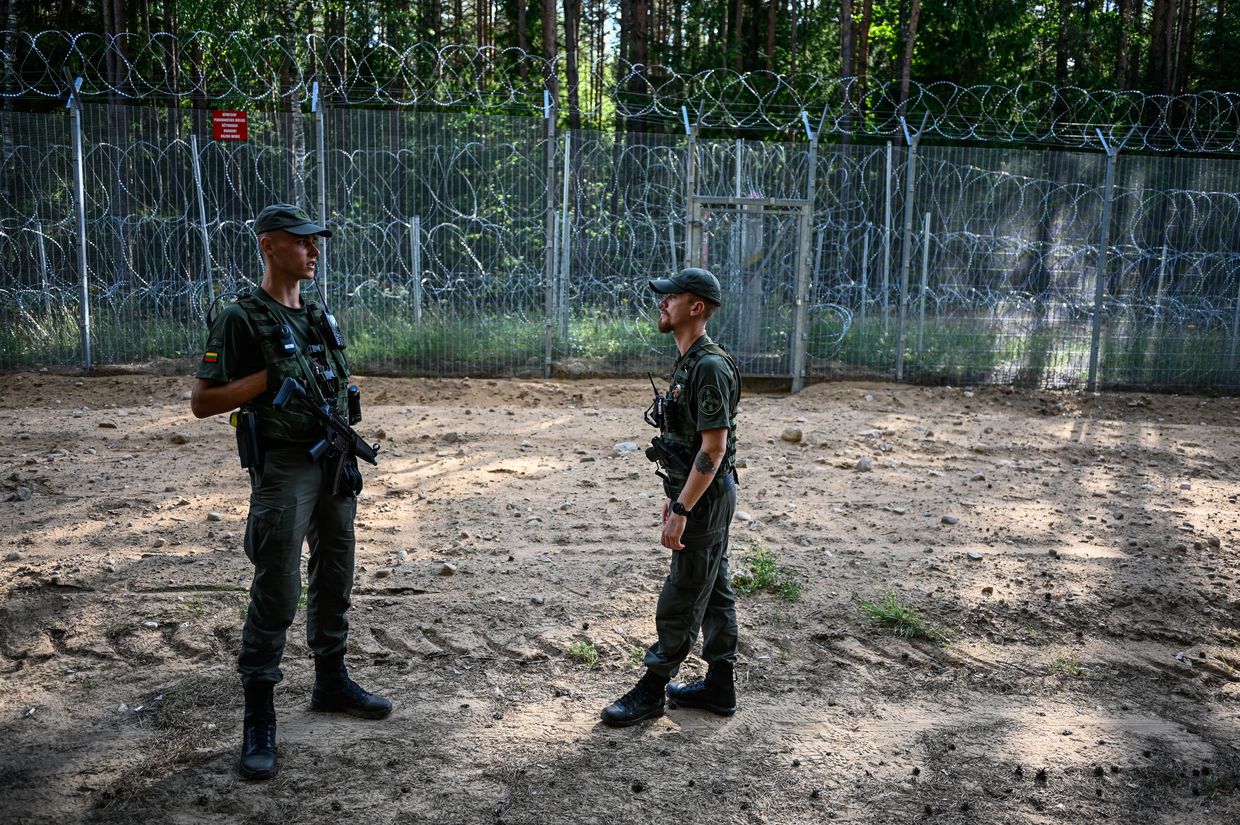
The demand comes after Lithuania instituted legal proceedings against Belarus in the International Court of Justice (ICJ) on May 19.
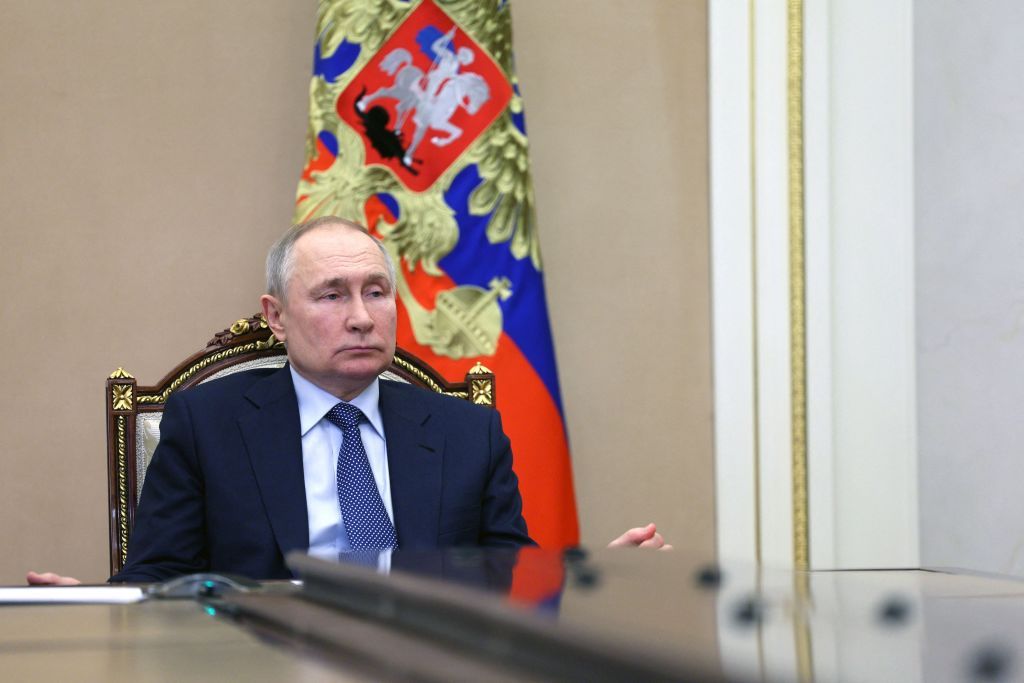
One senior Russian source told Reuters that Putin is ready for a peace agreement, but "not at any price."
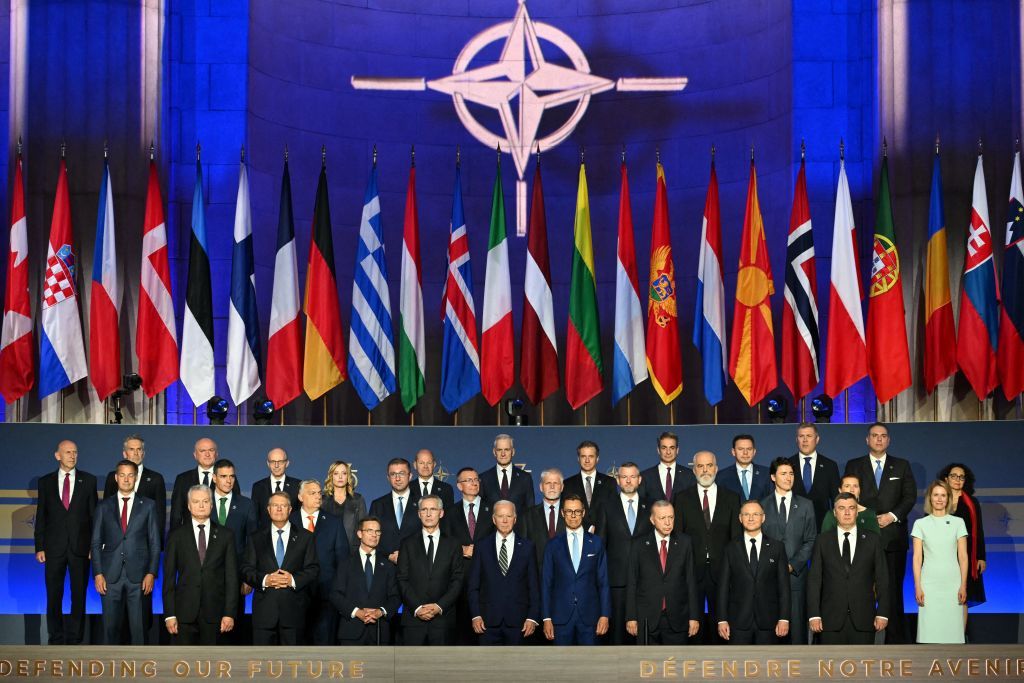
"We are looking at how we can get a place in the program for Zelensky and other Ukrainians," Dutch Defense Minister Ruben Brekelmans said during an appearance on the Dutch television program WNL op Zondag.
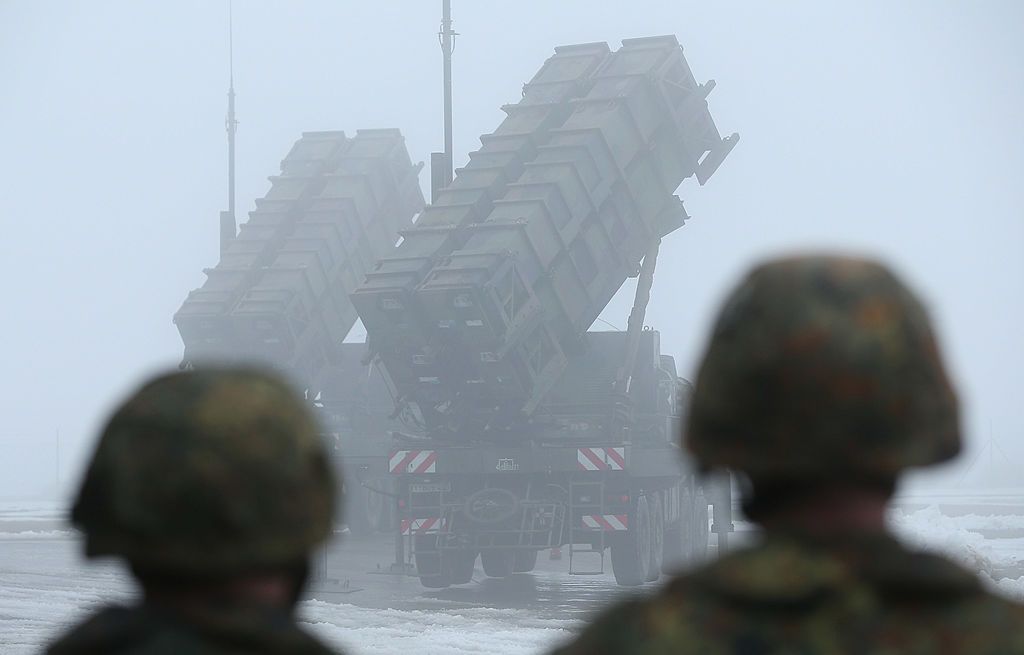
NATO is expected to ask Berlin to at least quadruple its air defense systems, ranging from long-range platforms such as the Patriot to short-range interceptors, according to Reuters.

According to a recent report from the US Defense Intelligence Agency, Russian President Vladimir Putin remains "committed to victory in Ukraine, and his objectives remain mostly unchanged since the beginning of the war: Ukrainian neutrality and a further partition of the Ukrainian state."
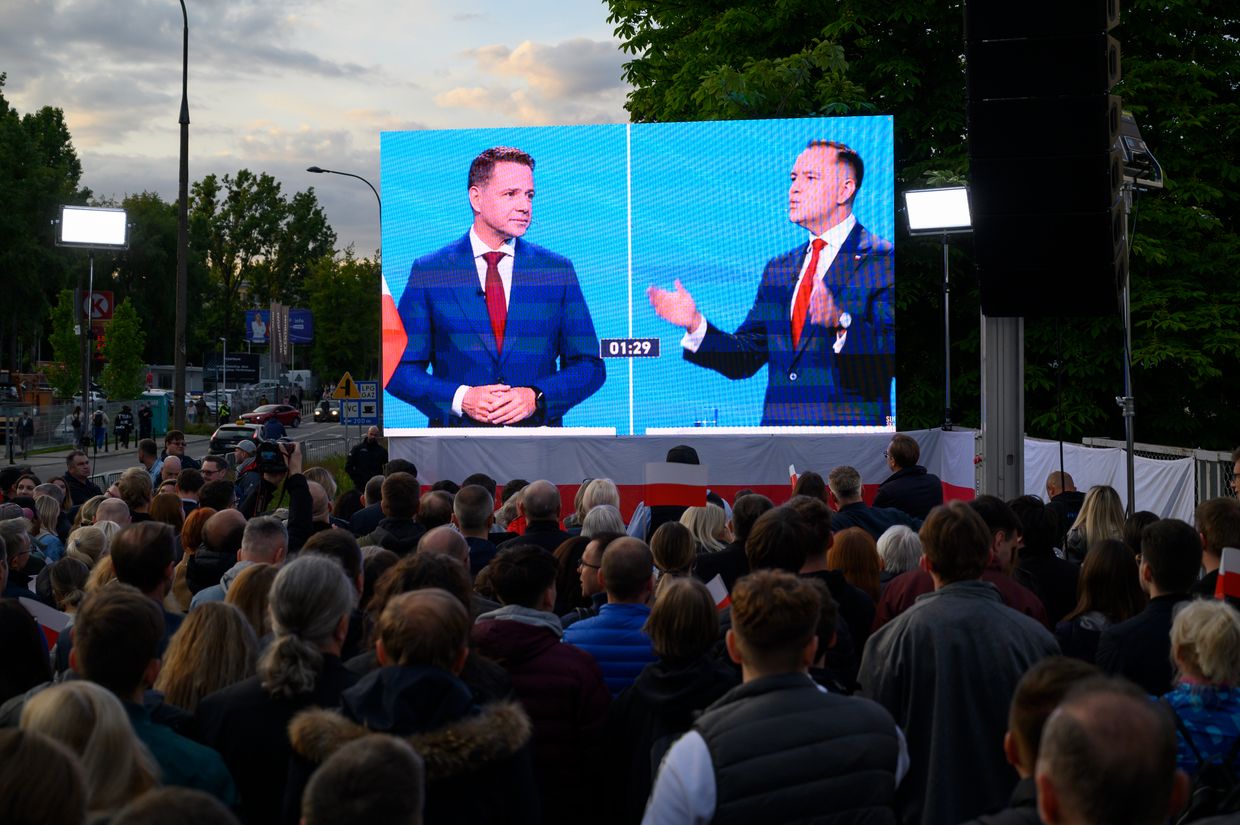
Karol Nawrocki, backed by the opposition Law and Justice (PiS) party, claimed President Volodymyr Zelensky "treats Poland badly" and defended his criticism of Ukraine's NATO bid by insisting, "I speak the language of Poles."
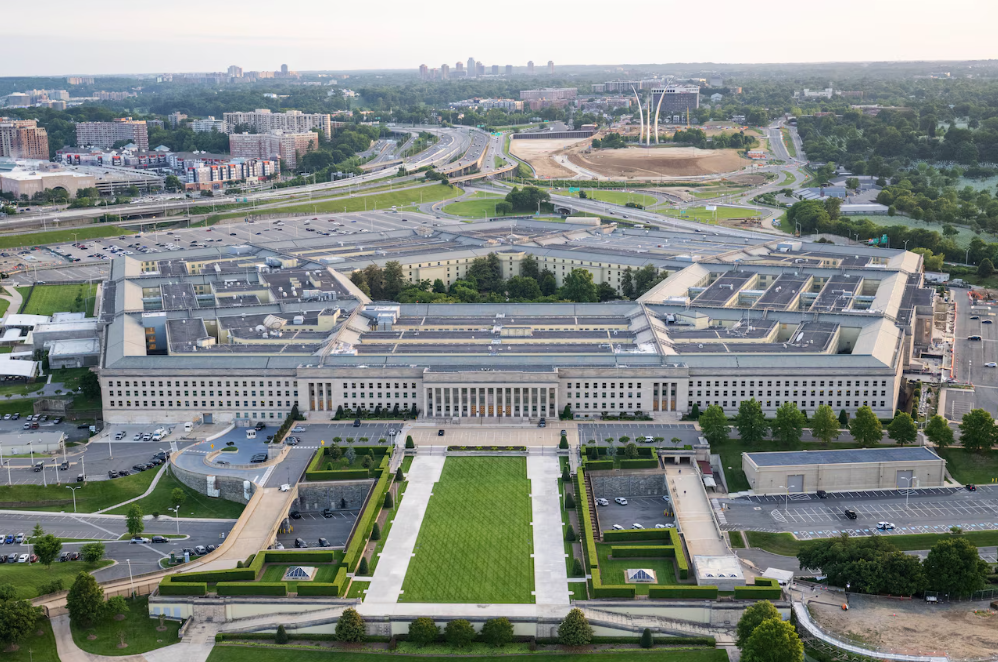
As part of a broader policy realignment, this office would be merged into the Pentagon's Europe and NATO office, reducing its prominence despite its critical role since Russia's full-scale invasion of Ukraine in 2022.
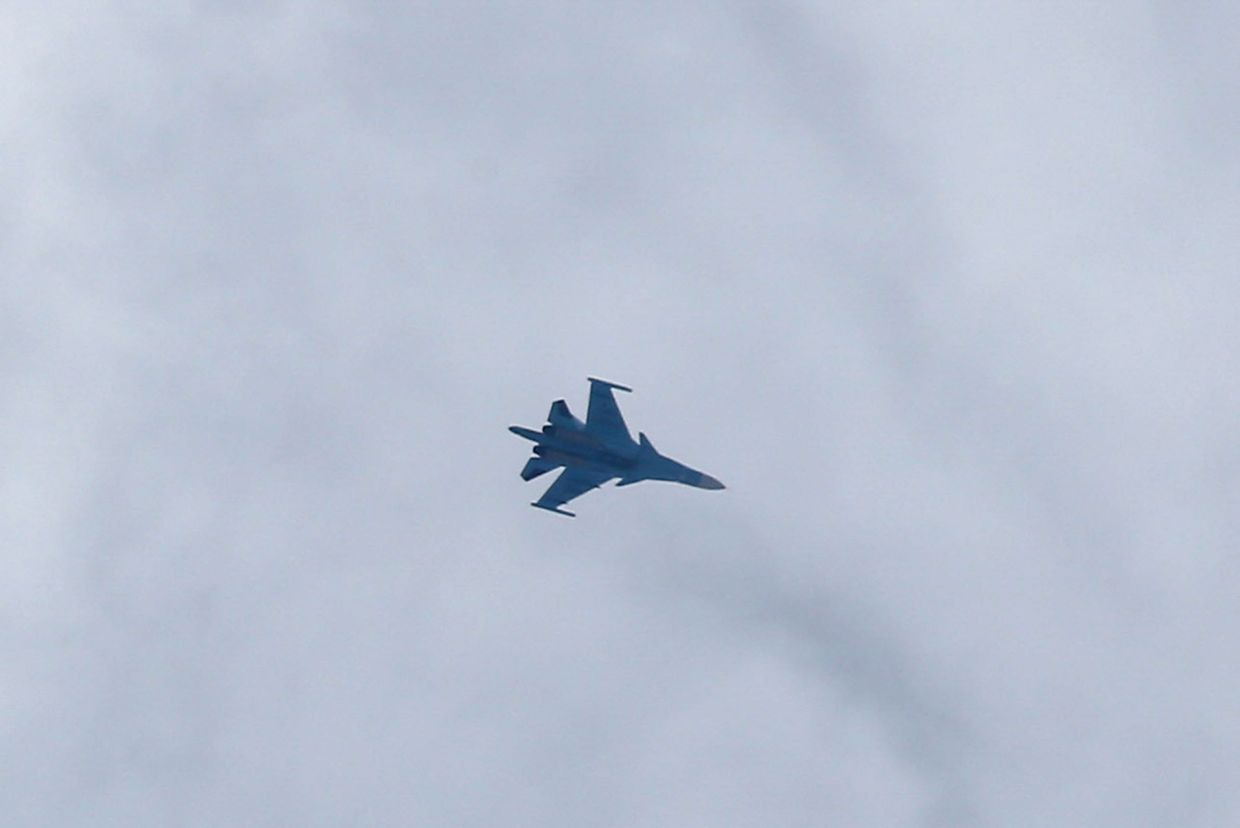
Two Russian military aircraft are suspected of violating Finland's airspace, the country's defense ministry reported on May 23.
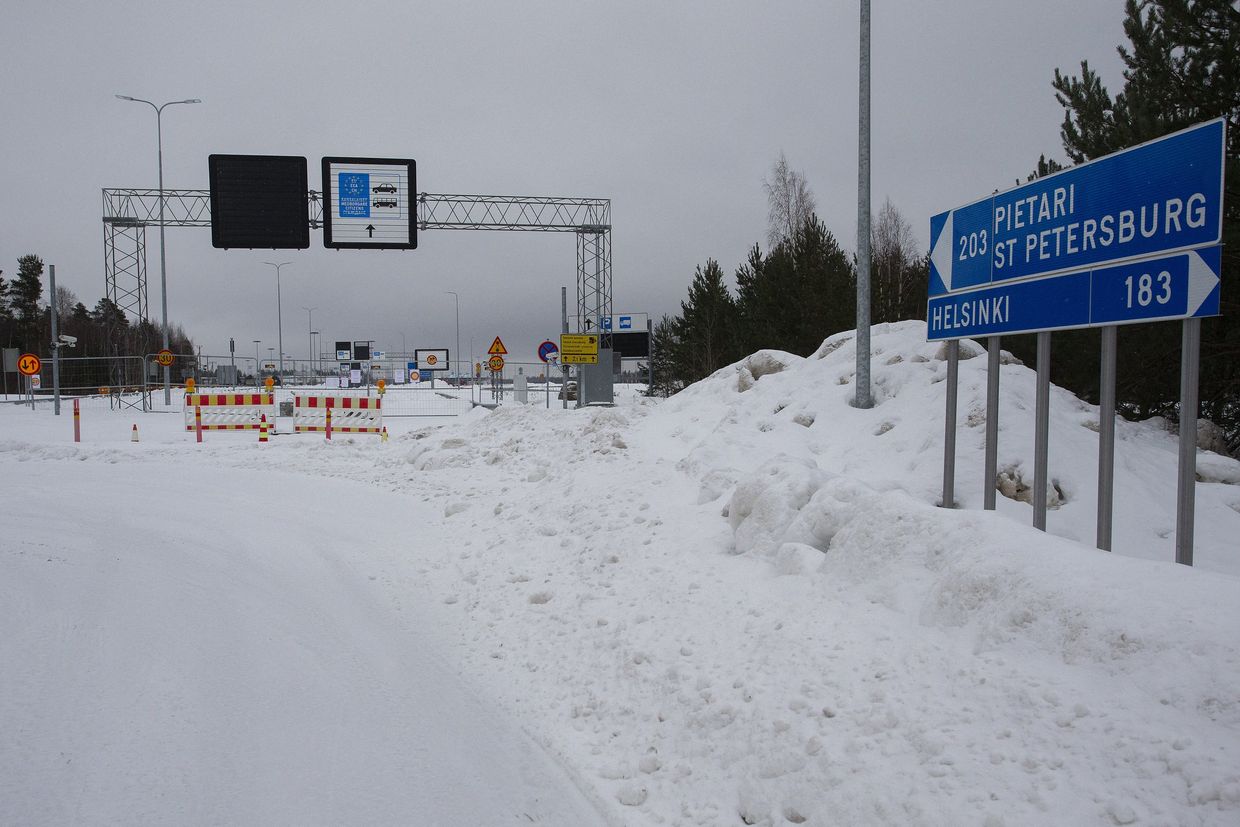
The comments come after reports that Finland expects a Russian military build-up on its borders after the war in Ukraine ends.
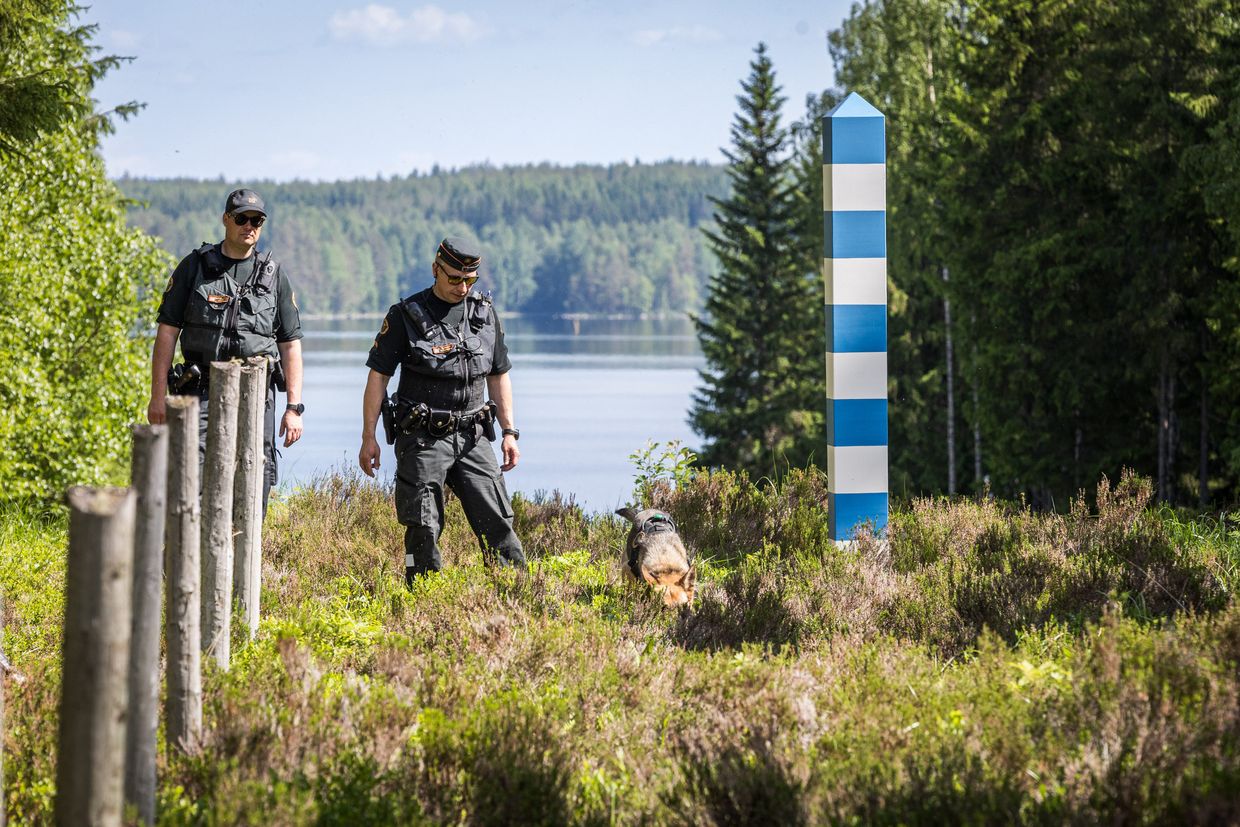
Finland shares a 1,300-kilometer (800-mile) border with Russia and joined NATO in 2023.
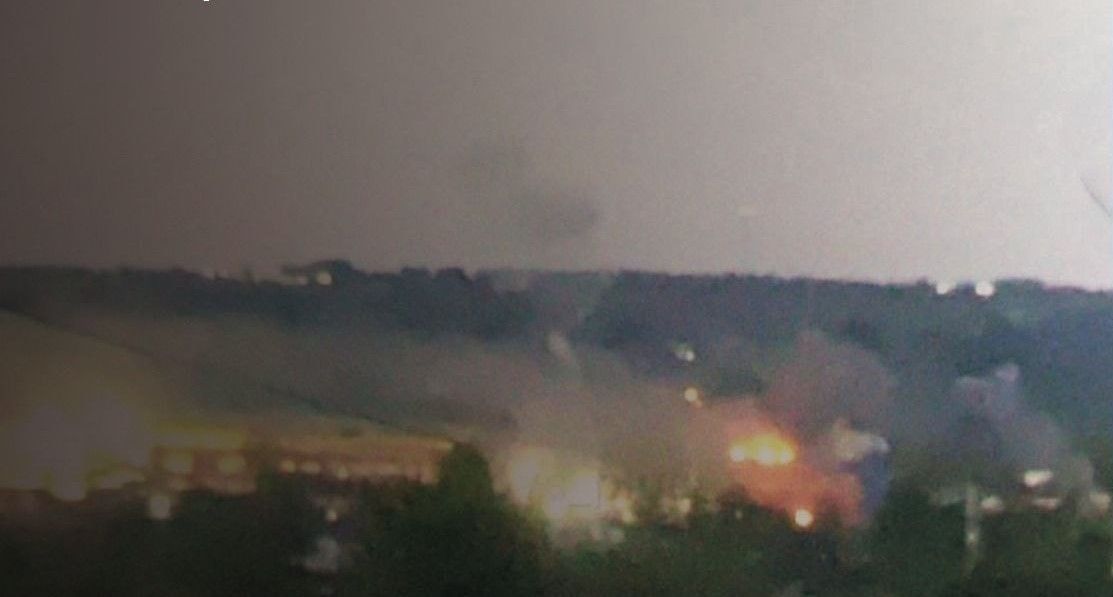
* Russian semiconductor plant making missile, jet parts hit in Ukrainian attack, military says * Putin visits Kursk Oblast for first time since Moscow claimed its recapture * Ukraine dismisses Russian claims of full control over Kursk Oblast, says fighting ongoing * Russia massing troops near Kharkiv Oblast ahead of possible attack, military warns
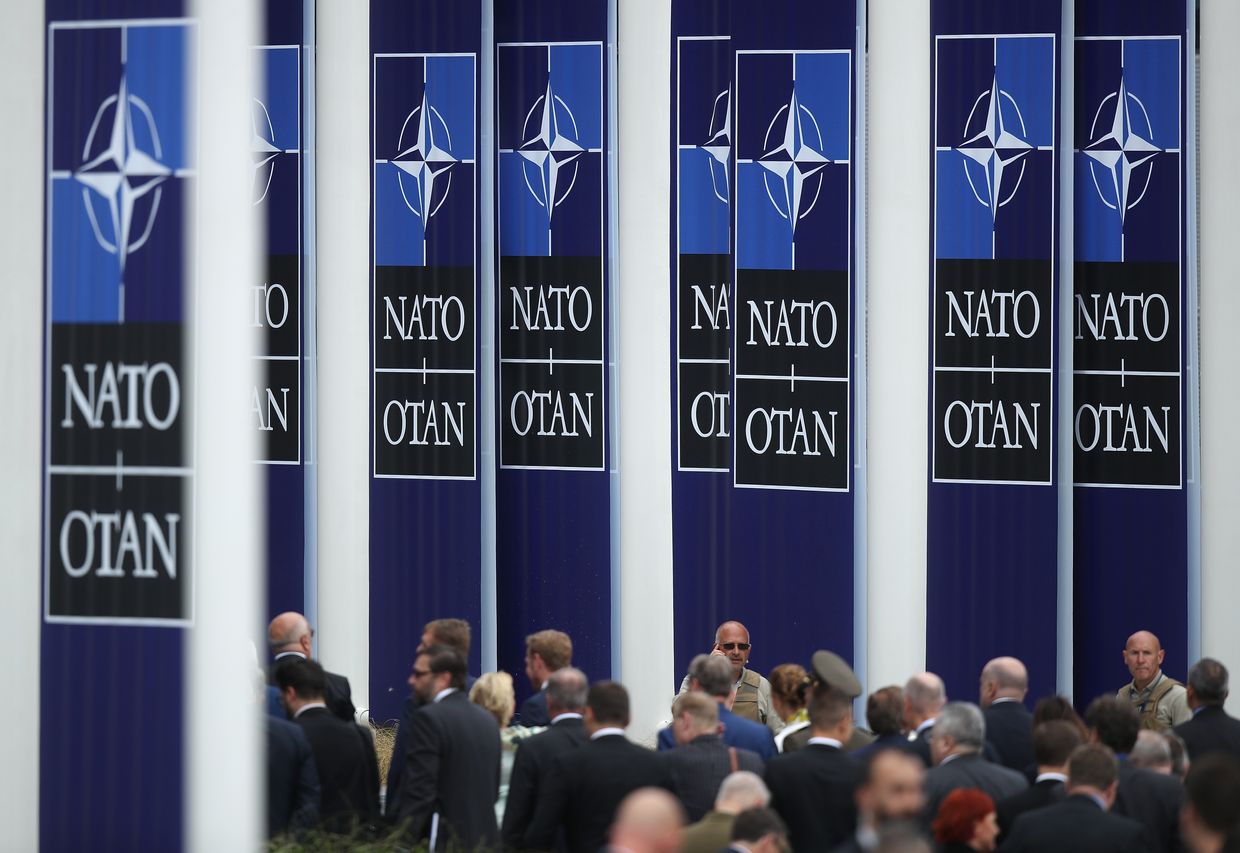
"We must ensure that Ukraine, while the fight continues, receives all possible collective support to be in the best possible position to continue," NATO Secretary General Mark Rutte said.
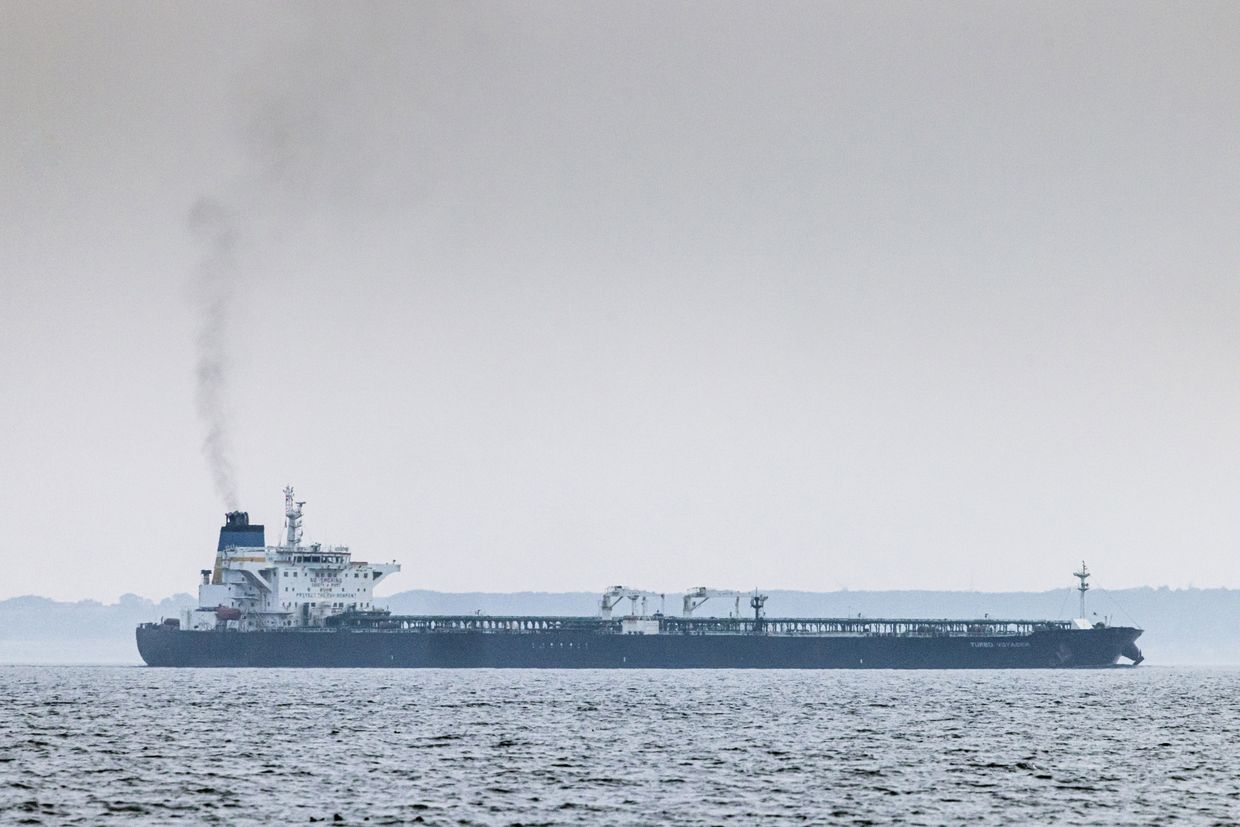
The detention followed recent moves by Estonia and its neighbors to clamp down on Russia's so-called "shadow fleet," which is used to bypass Western oil sanctions.
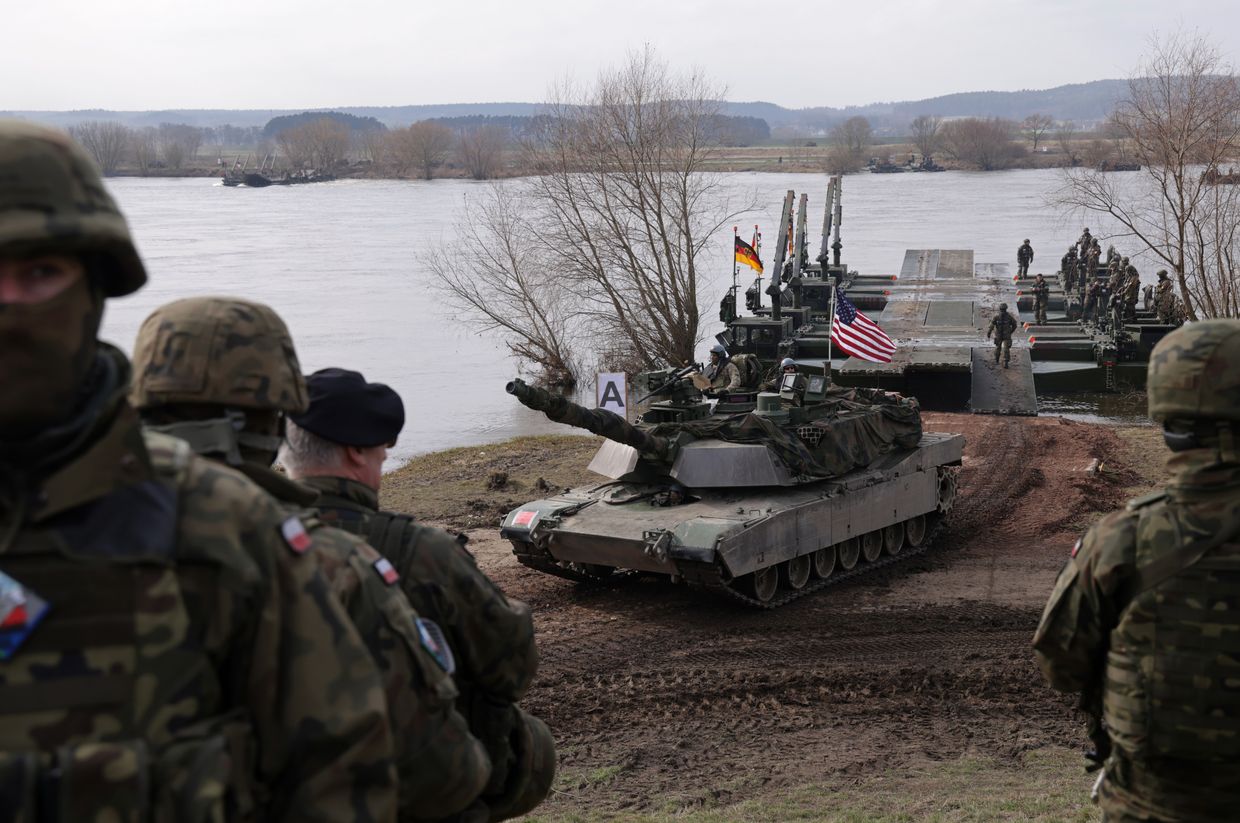
"It’s more than 30 years of U.S. desire (to reduce troops in Europe), President Trump just said, enough, this is going to happen and it’s going to happen now," U.S. Ambassador to NATO Matthew Whitaker said.

"We are headed for a summit in six weeks in which virtually every member of NATO will be at or above 2%, but more importantly, many of them will be over 4% and all will have agreed on a goal of reaching 5% over the next decade," U.S. Secretary of State Marco Rubio said.
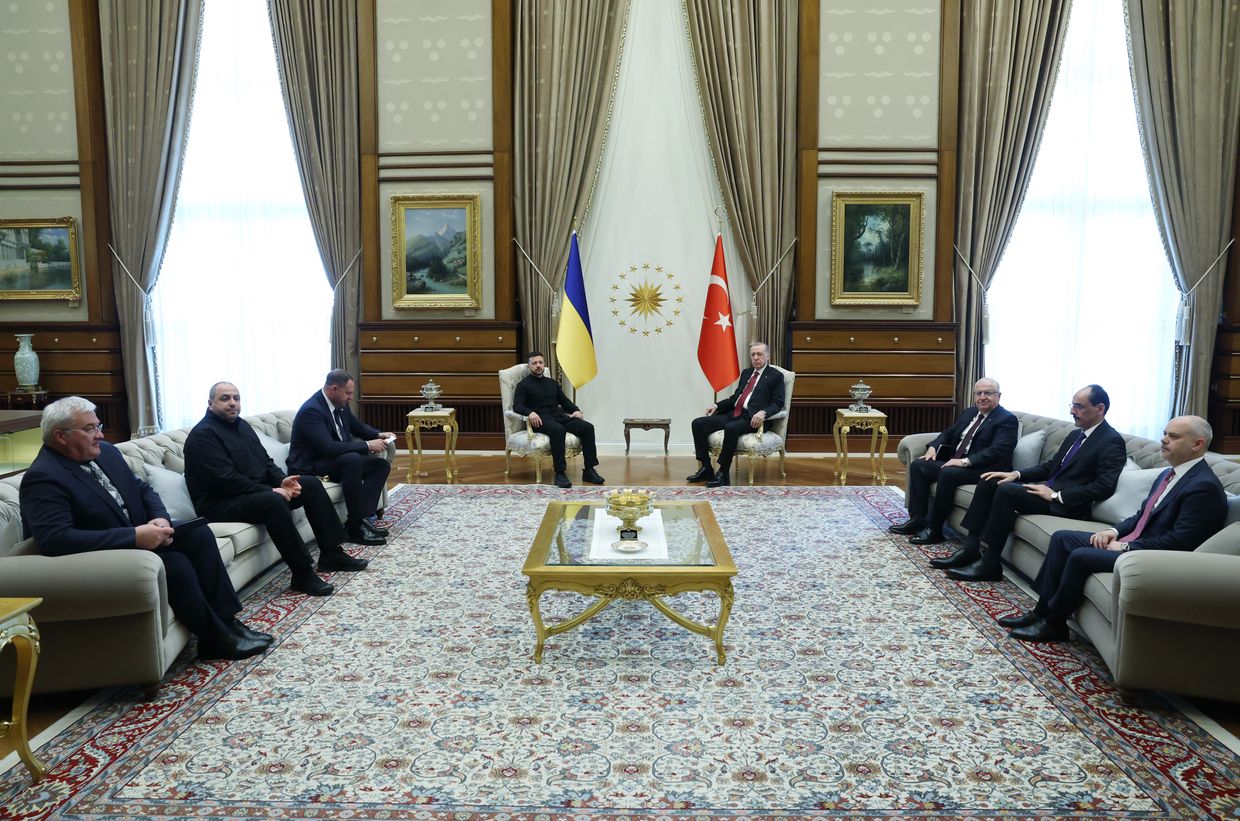
Key developments on May 15: * Zelensky sends Ukrainian delegation to Istanbul, as peace talks with Russia are expected on May 16 * Trump expects no progress in Russia-Ukraine peace talks until he meets Putin * Pro-Ukraine partisans sabotage railway track near Russia's Smolensk * Ukraine shows its latest 'ship-killer' Magura drone series to
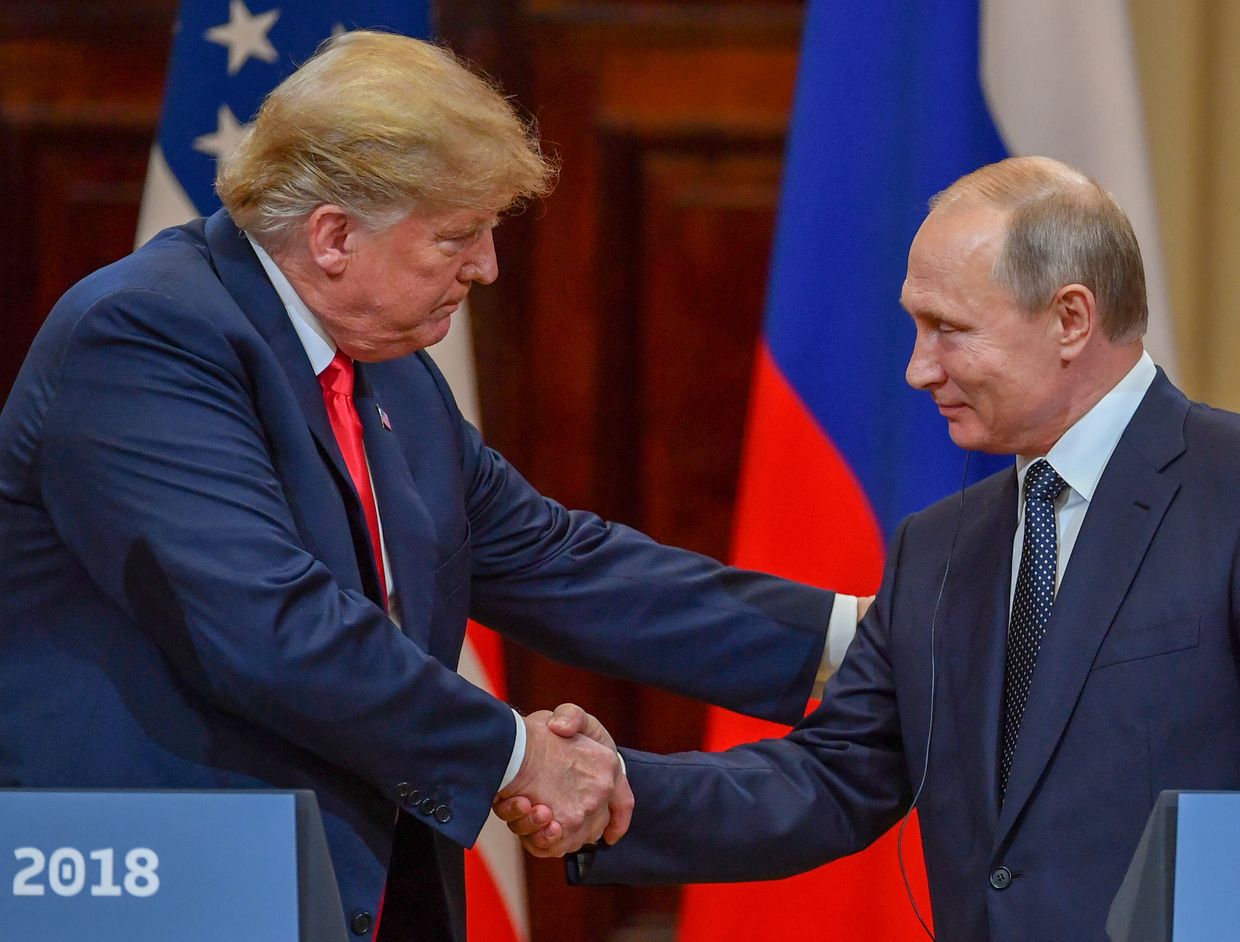
The United States is proposing to revive the NATO-Russia Council as part of a broader American plan to end the war in Ukraine, Bloomberg reported on May 15, citing unnamed sources.
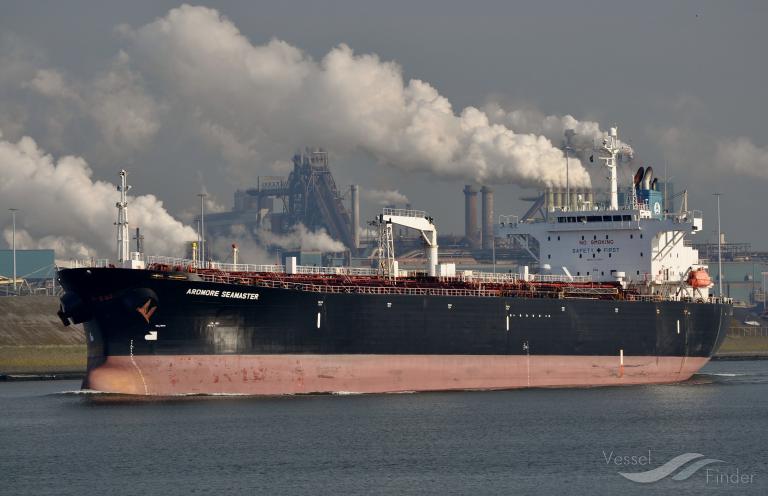
"The Russian Federation is ready to protect the 'shadow fleet'... the situation is really serious," Estonian Foreign Minister Margus Tsahkna said on May 15.

Later in the day on May 15, U.S. Secretary of State Marco Rubio denied reports that the United States opposes Zelensky's participation at the upcoming NATO summit in The Hague.
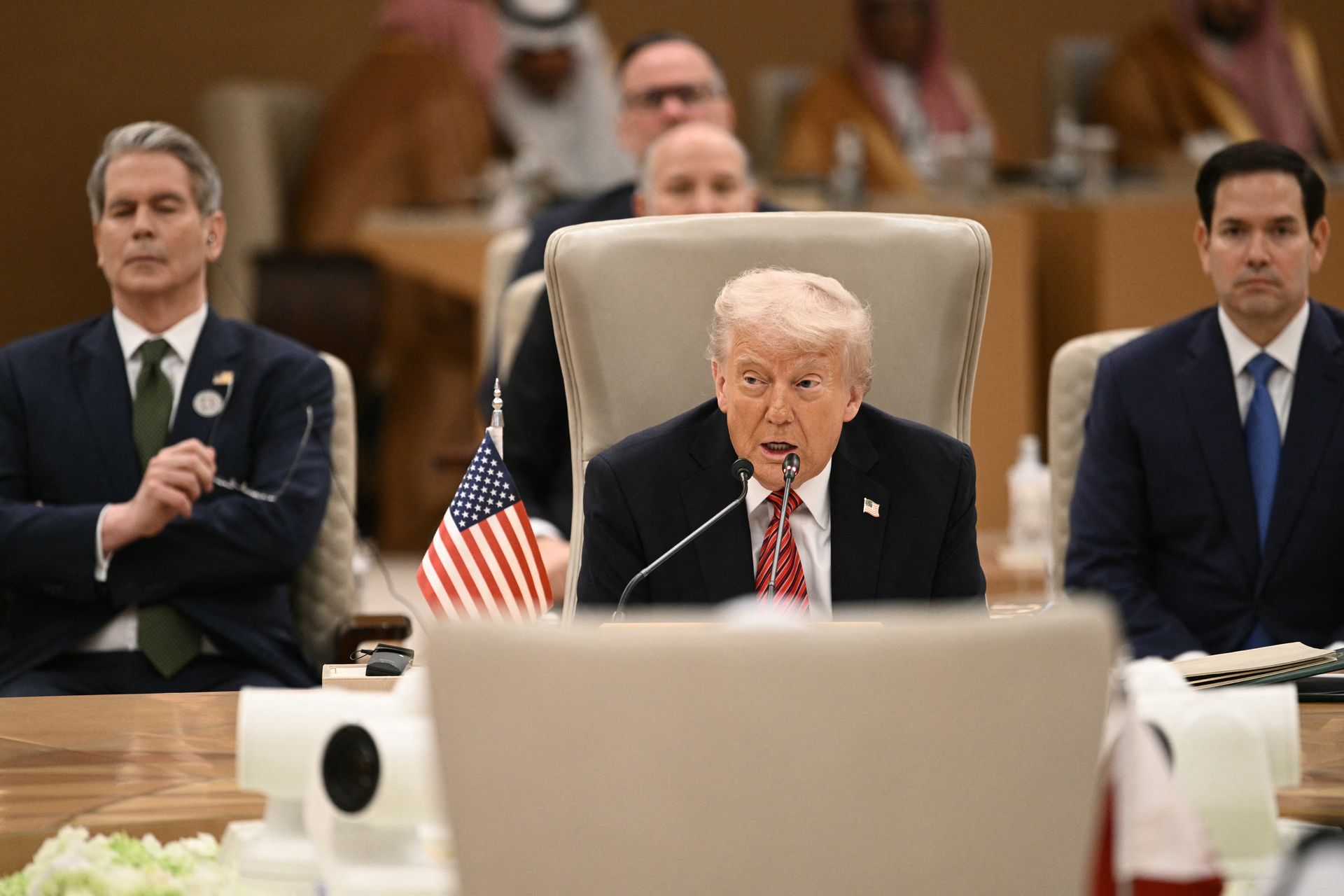
Trump has long demanded that NATO allies increase their military spending, previously calling for the alliance to raise its benchmark from 2% to 5% of GDP.
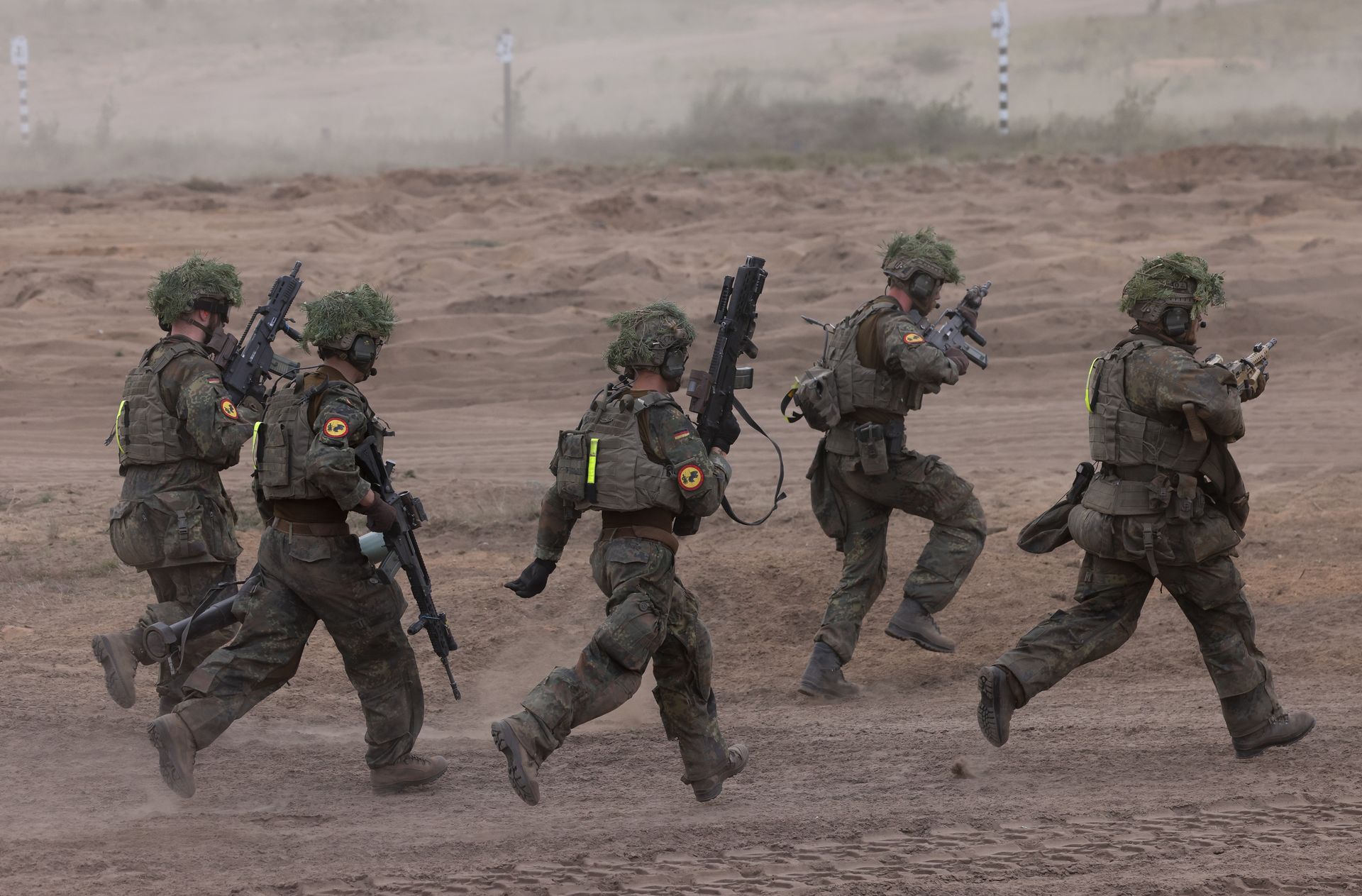
Russian Deputy Foreign Minister Alexander Grushko's statement came as Strong Shield 5 exercises involving military personnel from other NATO countries began in Lithuania.
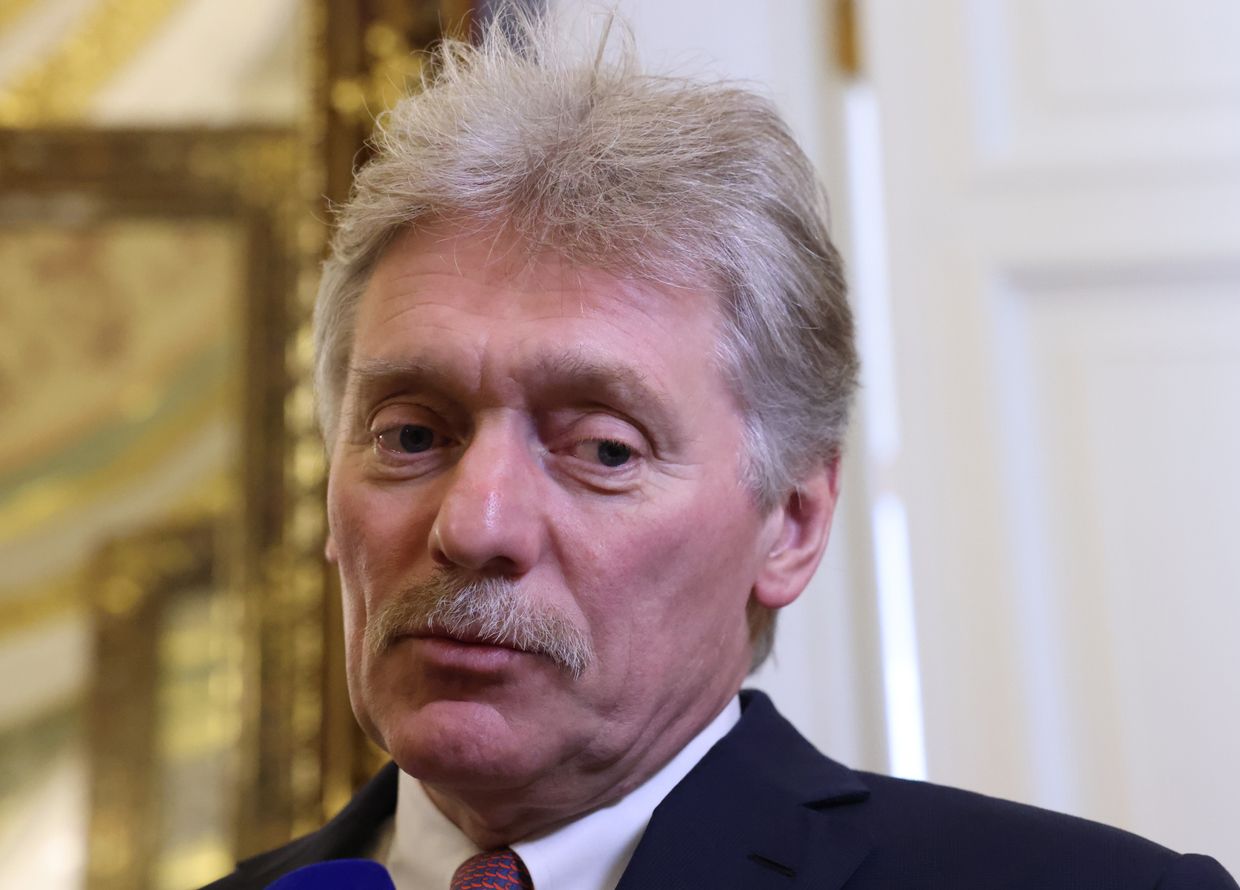
"We cannot allow NATO's military infrastructure to get that close to our borders," Kremlin spokesperson Dmitry Peskov said.
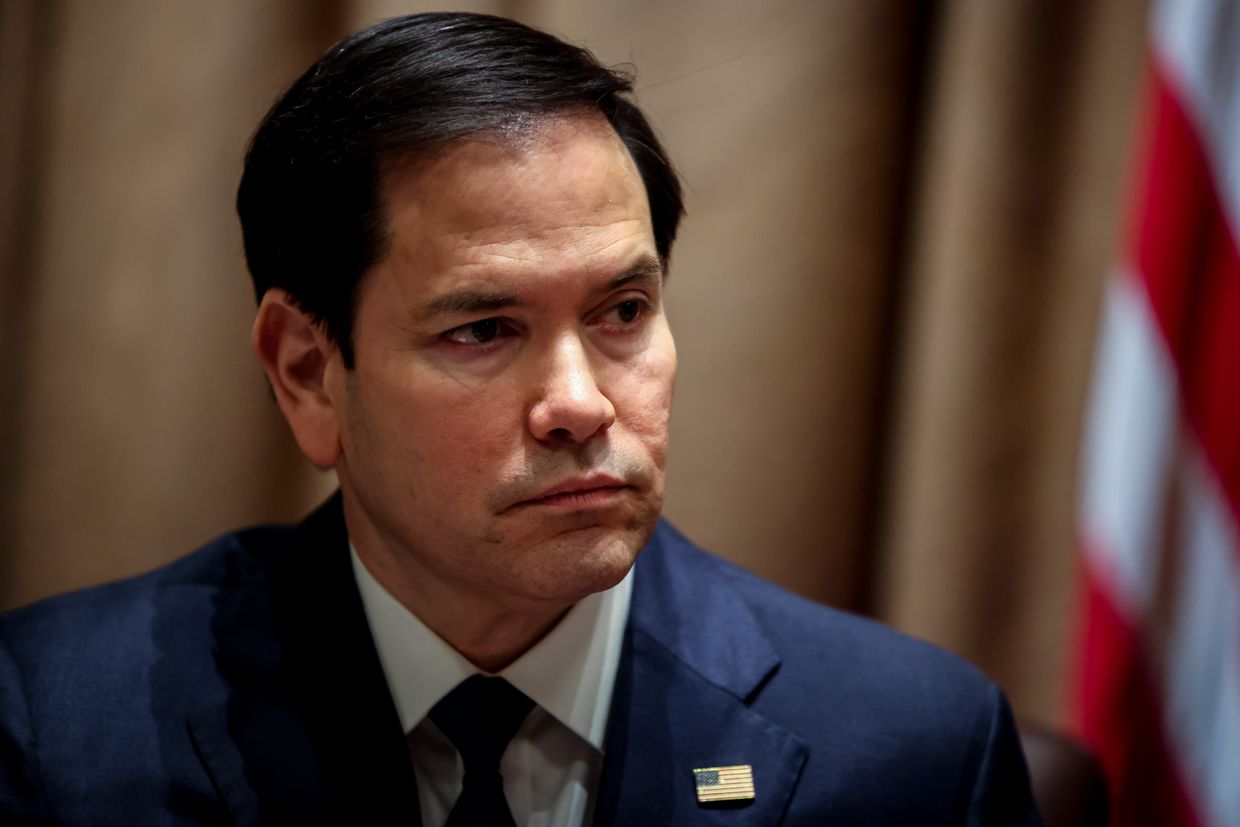
U.S. Secretary of State Marco Rubio will travel to to Antalya, Turkey, for a NATO foreign ministers’ meeting from May 14–16, where he is expected to address the war in Ukraine and push for stronger Allied defense commitments.
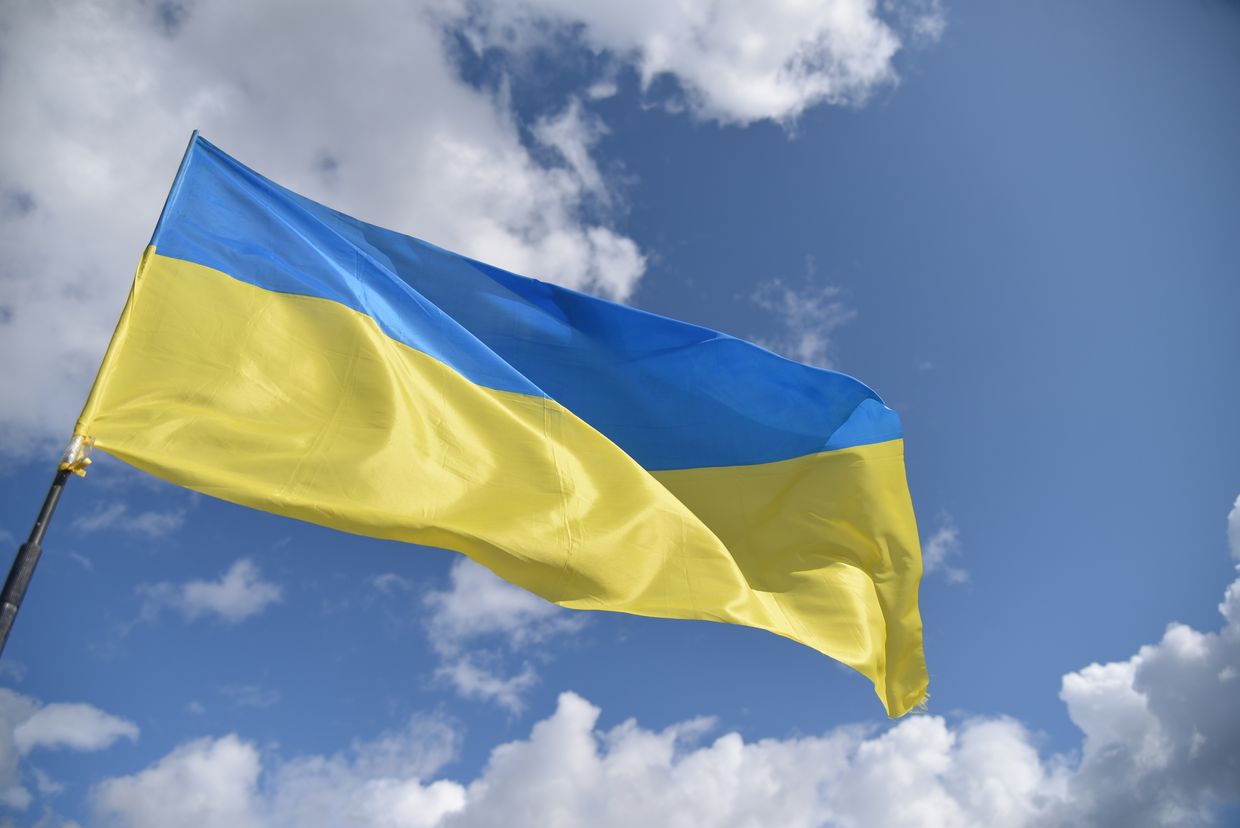
The survey, conducted between April 24 and May 4, shows that 56.9% of respondents would not be willing to compromise on either territorial integrity or Ukraine’s pro-Western direction in any potential talks with Moscow.
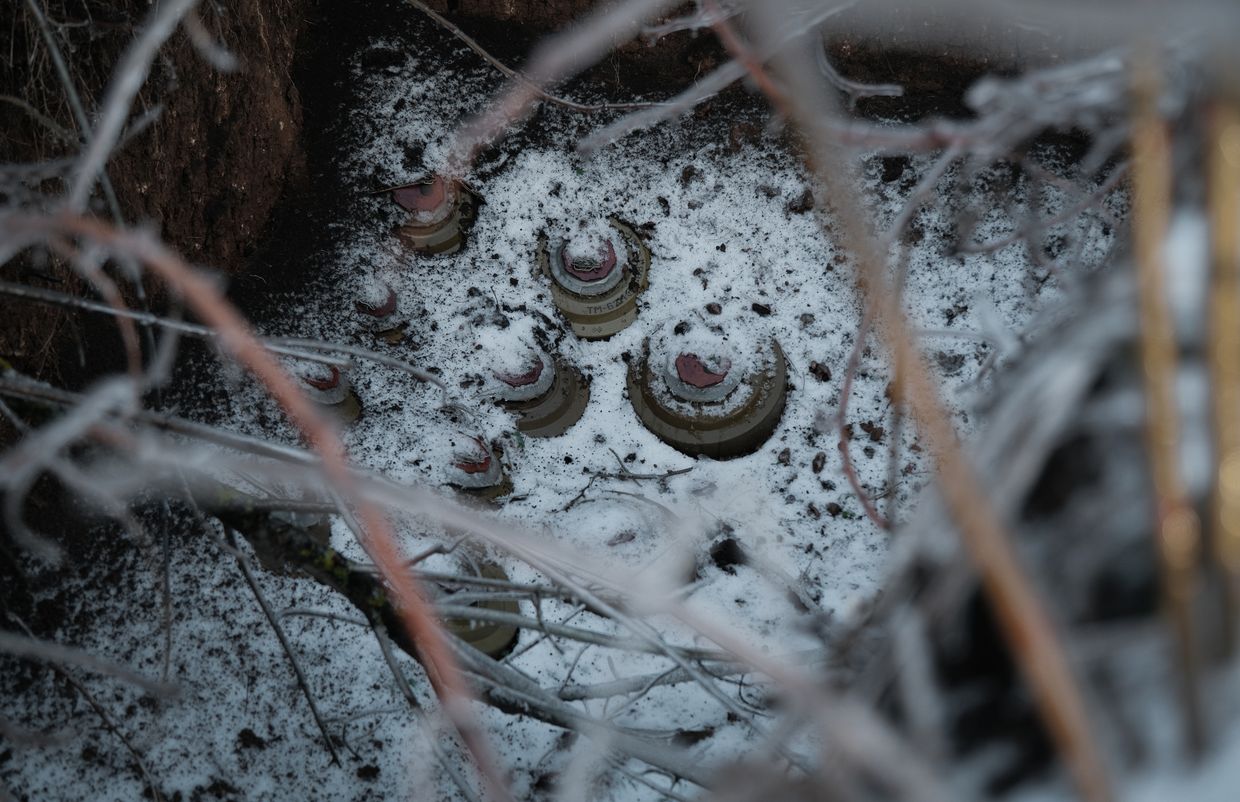
The denunciation of the convention will take effect six months after the decision is made.
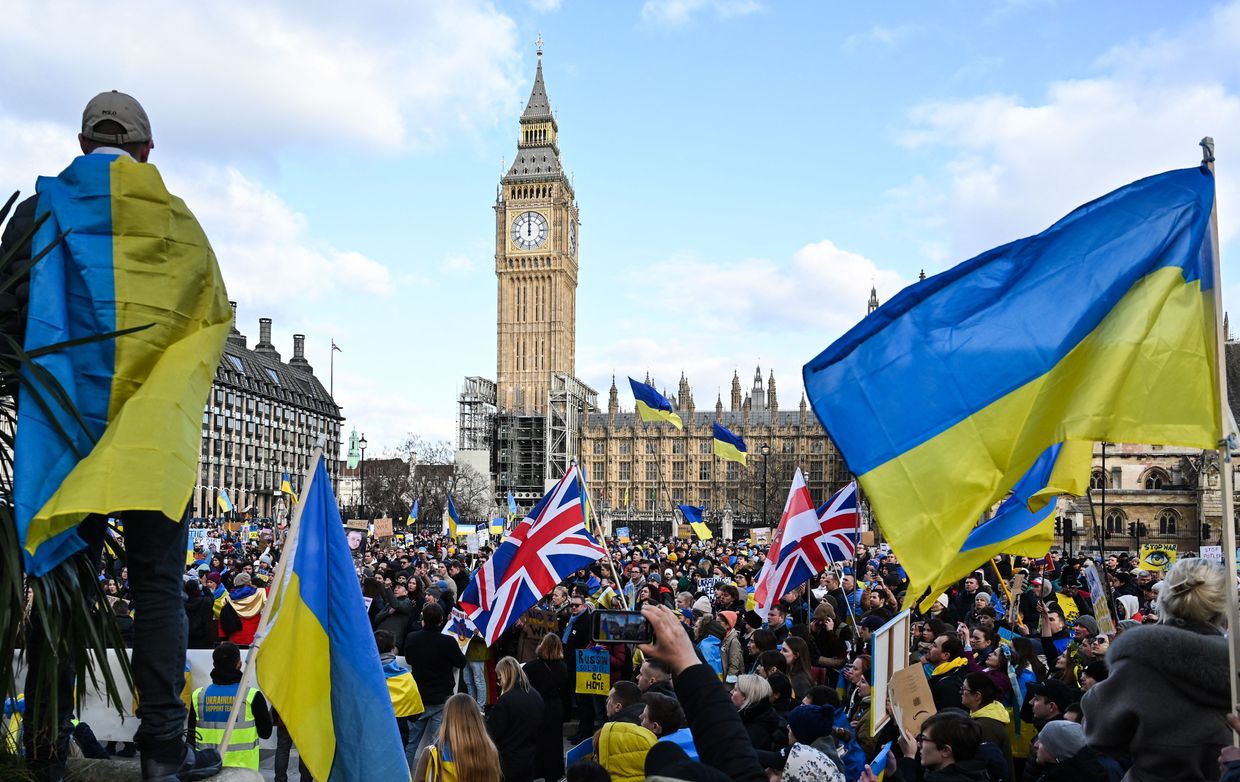
The classified "homeland defense plan" outlines how the government would respond in the immediate aftermath of a strike on British territory by a hostile foreign nation.
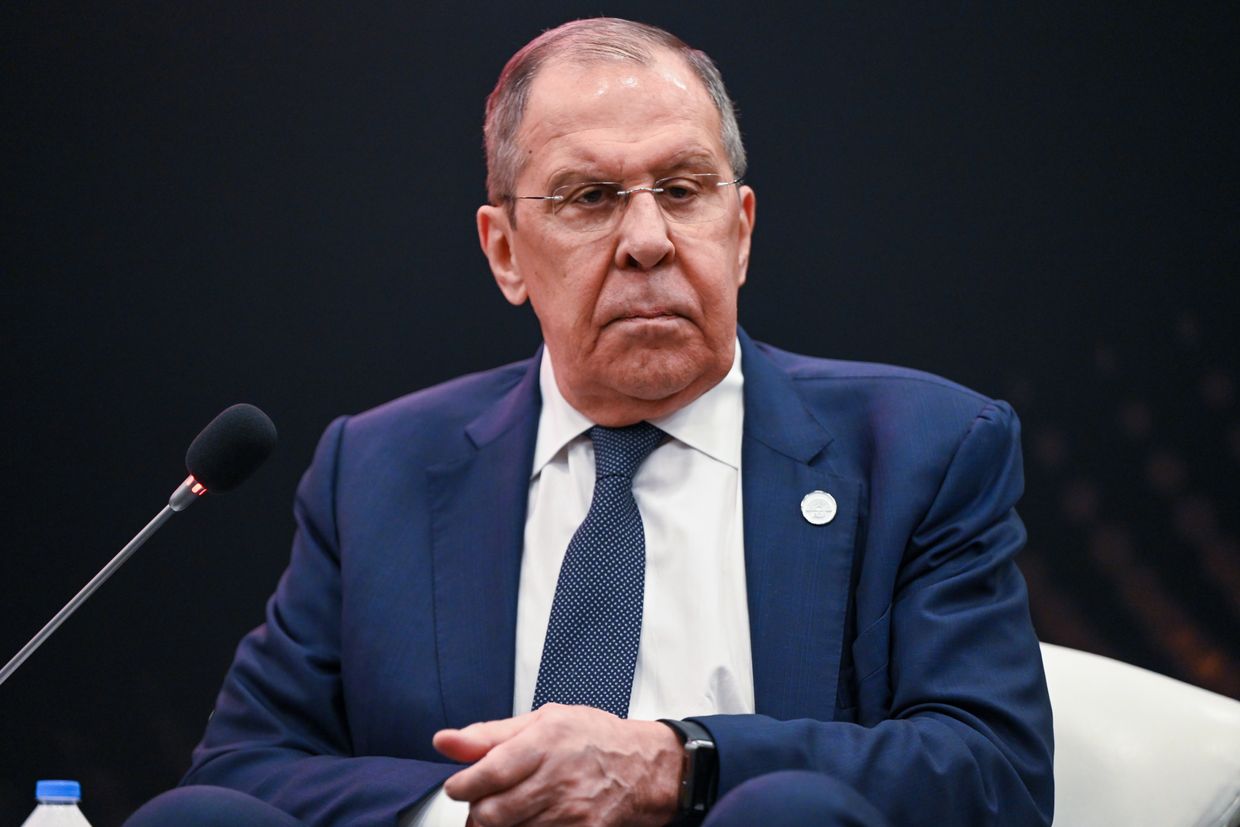
Russian Foreign Minister Sergey Lavrov Lavrov listed other conditions for Russia to enter into peace talks, namely a ban on Ukraine's entry into NATO, the country's demilitarization, and changes to Ukraine's legislation that would restore the position of the Russian language, culture, and religious organization.
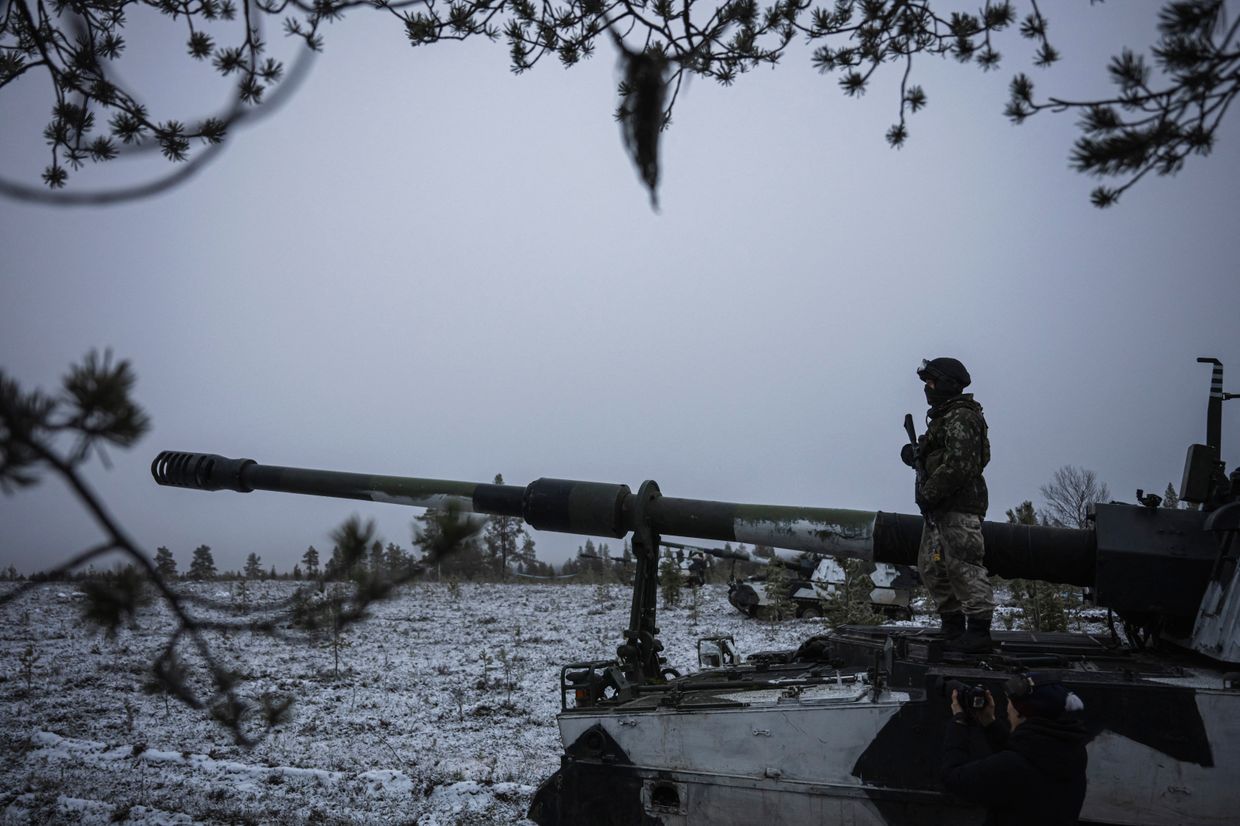
These efforts include expanding military bases near the Russian city of Petrozavodsk, around 160 kilometers (100 miles) east of Finland, the planned site for a new headquarters that could potentially command tens of thousands of troops, the Wall Street Journal wrote.
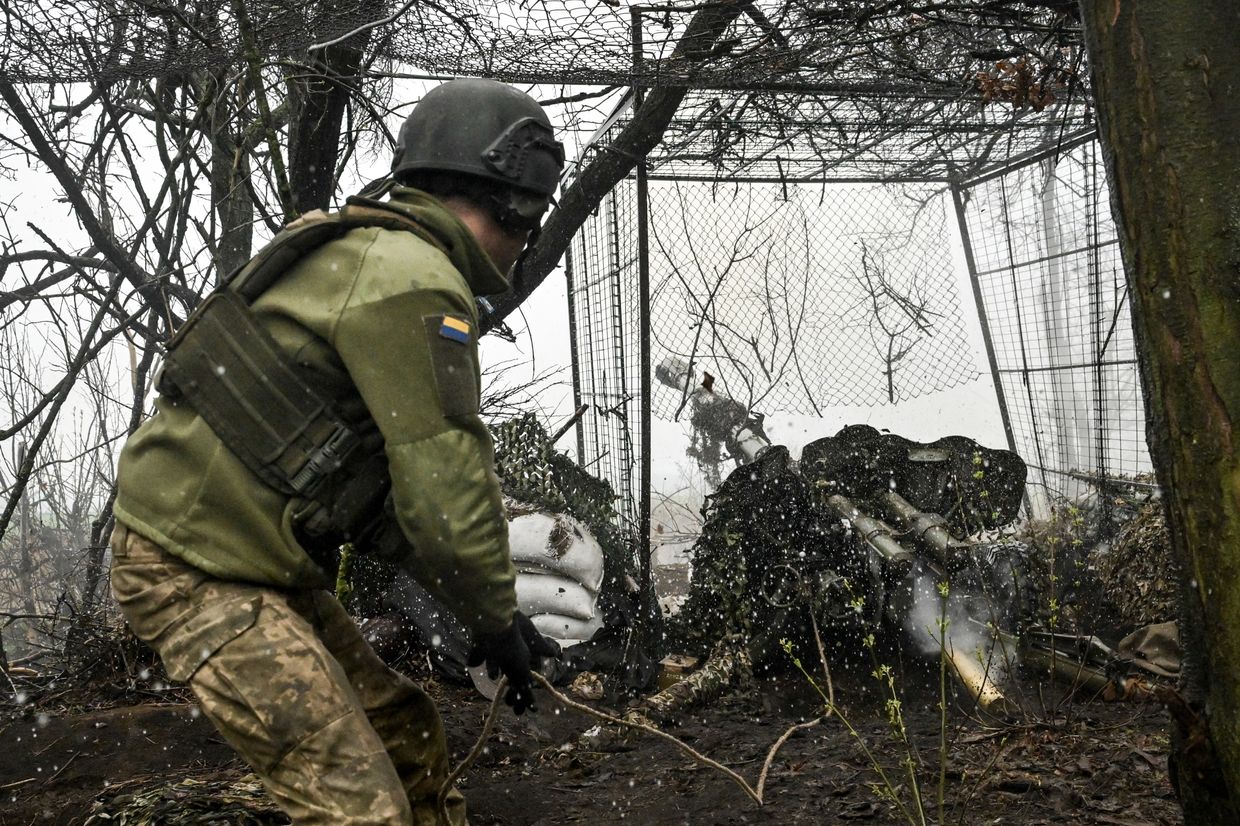
Ukraine’s military spending grew by 2.9% in 2024 to reach $64.7 billion, roughly 43% of Russia’s total expenditure, according to a report released on April 28 by the Stockholm International Peace Research Institute.
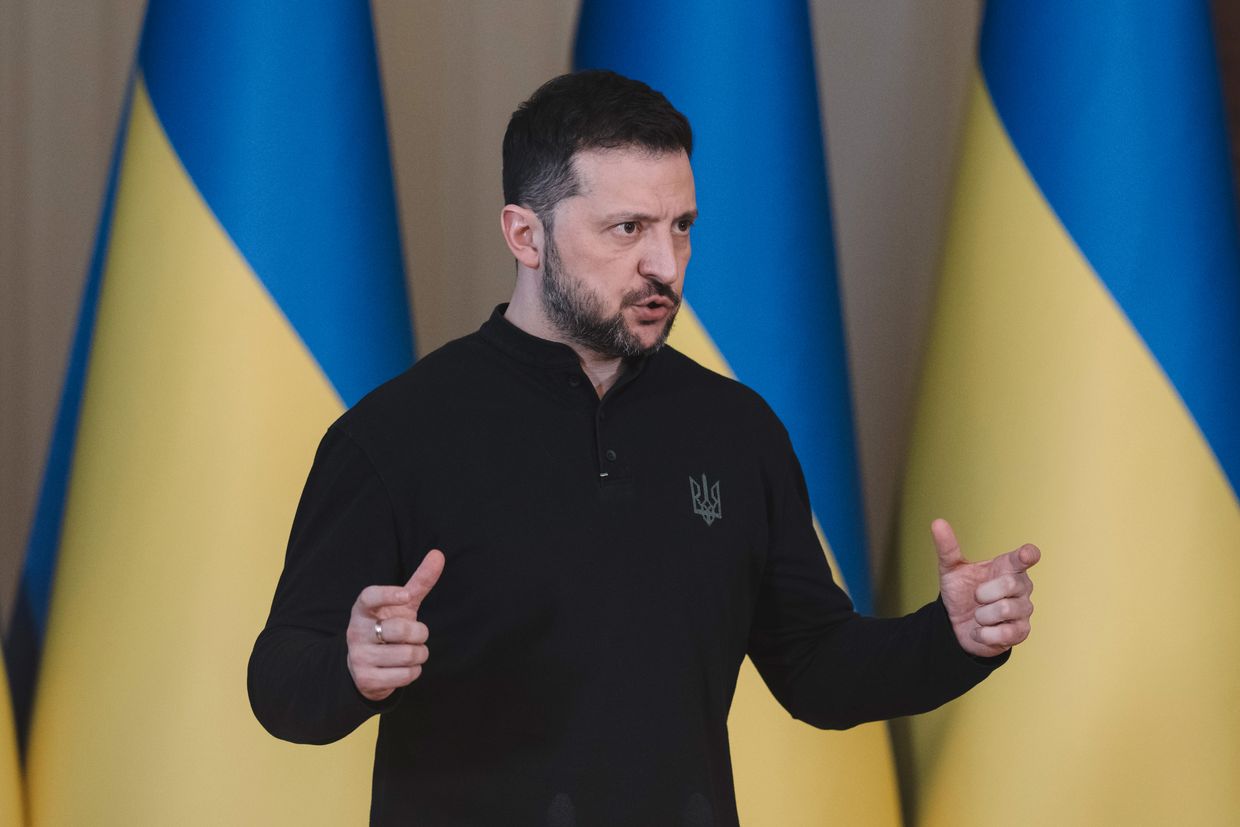
Security guarantees could include not "Article 5 itself, but specifically those forces and the protection that Article 5 provides to NATO countries," President Volodymyr Zelensky said.



